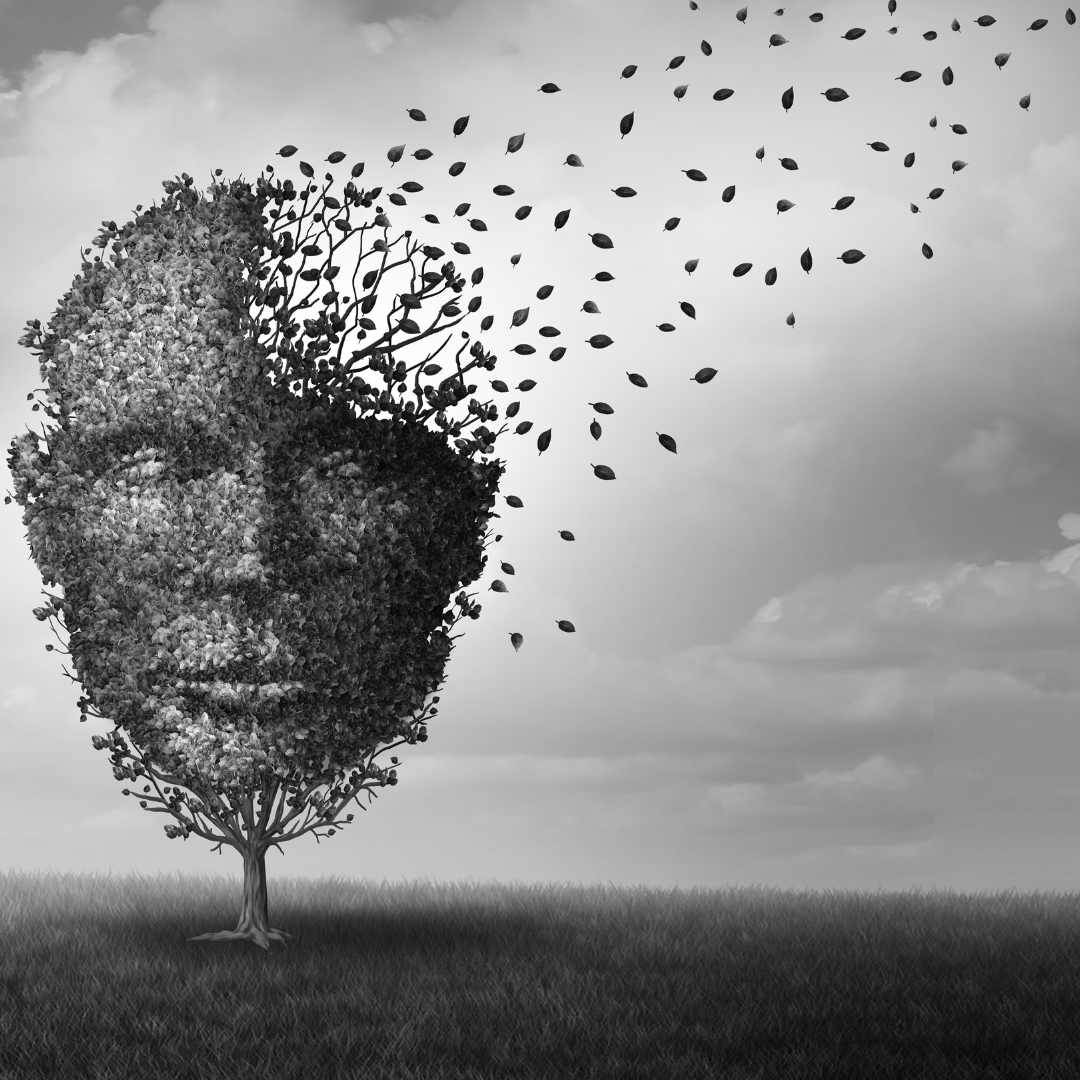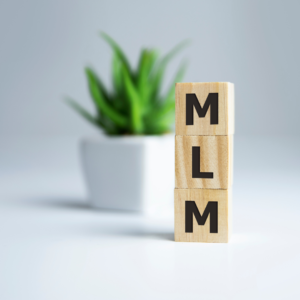
The LGBT community has a long history of being stigmatized, which is unfortunate for them as many people lack understanding about what it means to identify as an LGBTQIA+ individual. Regardless of this, the idea that mental health should be addressed equally across multiple identities is something that everyone can agree on.
Lgbt Mental Health: A Brief Overview
According to the National Gay and Lesbian Task Force, an estimated 1 in 6 Americans identify as lesbian, gay, bisexual, or transgender (LGBT). Additionally, the Williams Institute at UCLA School of Law found that 41 percent of transgender people have attempted suicide at some point in their lives. This staggering statistic underscores the importance of understanding and addressing LGBT mental health.
There is no one-size-fits-all approach to addressing LGBT mental health, as each individual experiences discrimination and stigma in unique ways. However, there are a few key things that everyone can do to support LGBT mental health:
Acknowledge and accept LGBT individuals for who they are – Viewing LGBT individuals as “normal” will go a long way in breaking down barriers and reducing discrimination. Make sure you are open about your own biases and understandings so you can be supportive instead of judgmental.
Support open dialogue about LGBT issues – Encouraging open dialogue about LGBT issues is critical for breaking down homophobia and transphobia. It can also help reduce feelings of isolation and loneliness among members of the LGBT community.
Offer resources and support groups -LGBT communities often need access to support groups that focus on specific topics such as dating or coming out. If you are able, please offer these groups to LGBTQ individuals in your community.
The Importance Of Inclusivity
LGBT mental health concerns are not a new topic, but they are one that is gaining more attention in recent years. Inclusive mental health care means that all individuals who identify as part of the LGBT community can receive the same level of care and support. This is important because people who identify as LGBT experience higher rates of anxiety, depression, and other mental health issues than the general population.
There are many reasons why inclusive mental health care is important for the LGBT community. First, it ensures that all individuals who need help have access to it. Second, it helps reduce the stigma associated with mental health issues. Finally, it helps build relationships between people who identify as LGBT and professionals who can provide support.
All of these benefits make inclusive mental health care an important issue for the LGBT community and everyone else who wants to ensure that everyone receives quality care.
How Should The Lgbt Community Be Treated?
There is no one-size-fits-all answer to the question of how the LGBT community should be treated, as the unique needs and experiences of each group must be considered. However, there are a few key principles that can guide effective treatment for LGBT individuals.
First and foremost, LGBT individuals should be respected and included in all aspects of their lives. This includes both their physical space and social circles. It is important for healthcare providers to understand the specific needs and concerns of LGBT patients in order to provide them with adequate care.
Second, it is crucial that members of the LGBT community have access to mental health services that reflect their individual needs and concerns. Mental health services should be designed specifically for LGBT people, rather than catering primarily to heterosexual norms or stereotypes.
Finally, it is important to remember that everyone experiences psychological distress in different ways. This means that not everyone will need or benefit from the same types of treatments. Each individual must be evaluated carefully in order to determine which type of therapy will work best for them.
Harmful Myths About The Lgbt Community And Mental Health
There are a lot of harmful myths and stereotypes about the LGBT community and mental health. Some people believe that being gay or transgender is a mental disorder, or that being in the LGBT community increases the risk of mental health problems. Others think that homosexuality is a choice, or that trans people are just fraudsters who are trying to trick people.
None of these beliefs are true. Being LGBT doesn’t mean you have a mental disorder, and being in the LGBT community doesn’t increase your risk of mental health problems. In fact, research has shown that there’s no link between being LGBT and any kind of mental health problem.
The biggest problem with these harmful myths is that they can create barriers for people who are struggling with their own mental health issues. If you think there’s something wrong with being gay or transgender, it can be hard to open up about your feelings and get help from professionals.
These myths aren’t just harmful to the LGBT community – they’re also harmful to everyone else who needs support. If we keep spreading these false ideas about our friends and family members, we’re going to end up hurting more than we help.
Taking Care Of Your Self When You Struggle With Your Identity
LGBT mental health is an important topic that needs to be talked about more. Too often, the LGBT community is left behind when it comes to mental health care. This leaves members of the LGBT community vulnerable to negative mental health outcomes.
Many people don’t understand what it means to be LGBT and can be judgmental. This can lead to a lack of acceptance and increased feelings of loneliness and isolation. It’s important for all members of the LGBT community to have access to quality mental health care.
There are a number of ways that you can take care of yourself when you struggle with your identity. First, make sure you have access to support groups and counseling services. These programs can help you feel connected to others who share your experiences and connect with resources that can provide support. Additionally, it’s important to talk about your struggles with someone you trust. Talking openly about your thoughts and feelings can help reduce anxiety and stress. Finally, remember that there is no single right or wrong way to identify as LGBT. There are many different identities within this community, so find one that feels comfortable for you and stick with it!



